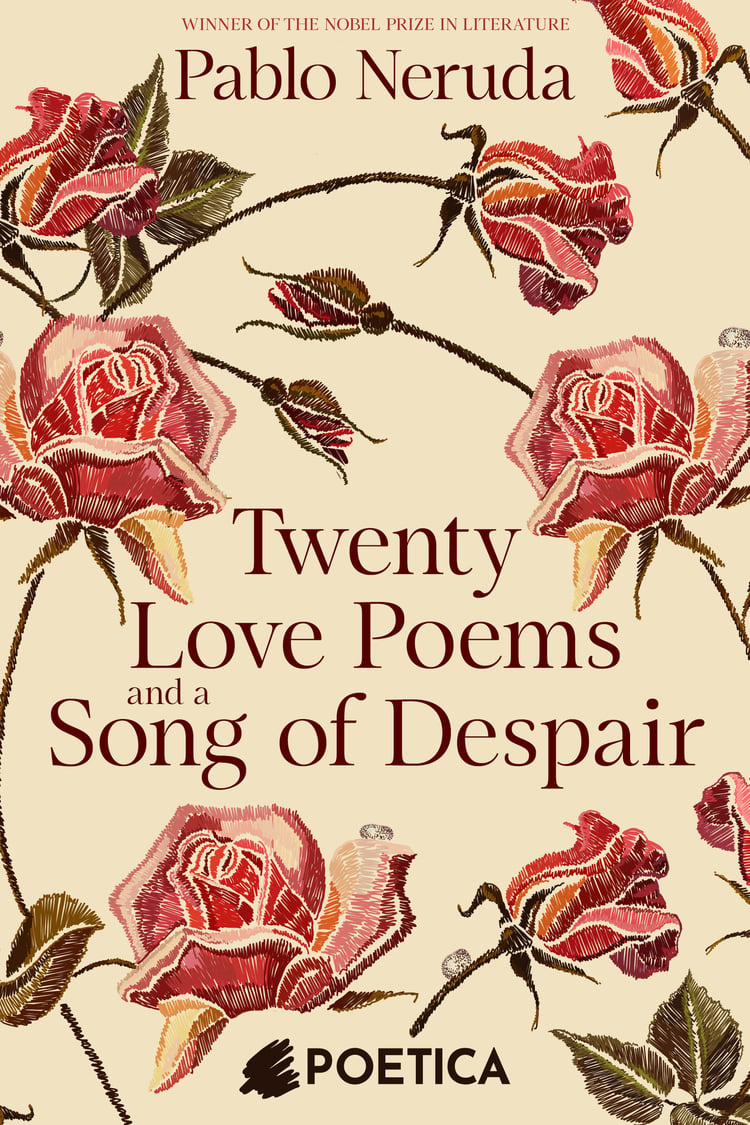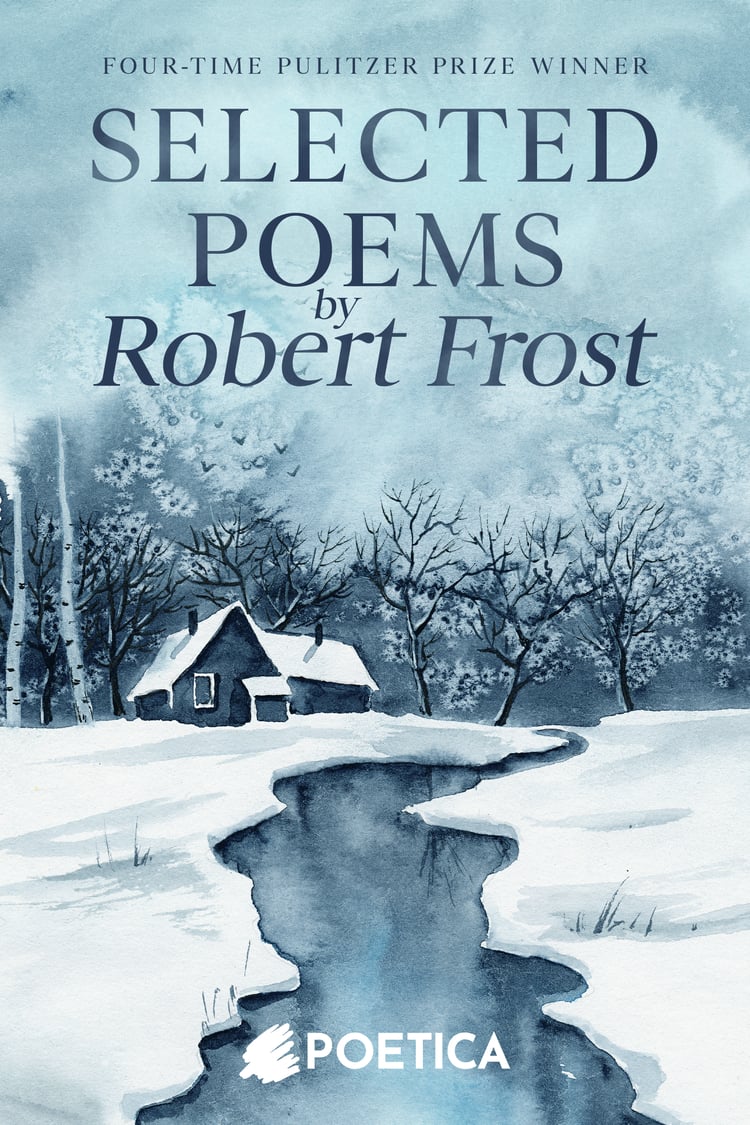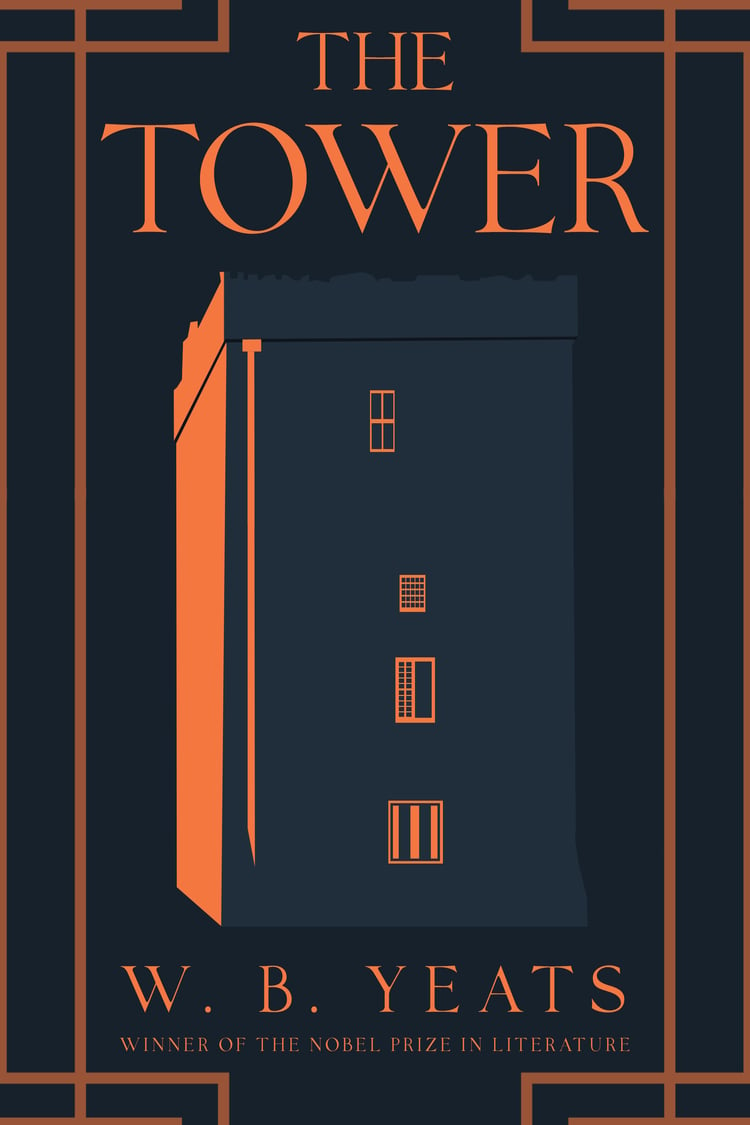
The Waste Land
T. S. Eliot’s The Waste Land is a seminal work of 20th-century poetry, a fragmented and haunting journey through post-World War I society’s spiritual and emotional desolation. The poem, a collage of myth, history, and personal experience, explores themes of disillusionment, alienation, and the search for meaning in a world stripped of its spiritual and cultural foundations.
With its stark imagery, jarring juxtapositions, and stream-of-consciousness style, The Waste Land presents a fragmented and disorienting vision of modern life. From the sterile, impersonal city to the barren, spiritual wasteland, Eliot masterfully evokes a sense of despair and the yearning for redemption. The poem’s iconic opening lines, “April is the cruellest month,” set the stage for this exploration of the human condition in a world ravaged by war and disillusionment.
This special annotated edition of The Waste Land, part of the Poetica collection, offers:
- An insightful biography of T. S. Eliot
- An annotated guide to Eliot’s other works
The Waste Land remains a powerful and challenging work that continues to resonate with readers today. Its exploration of the human condition in the face of despair and the search for meaning in a fragmented world makes it an essential read for anyone interested in modern literature and the human experience.
About the author
T. S. Eliot (1888-1965) was a groundbreaking poet, playwright, and literary critic. Born in St. Louis, Missouri, he moved to England in 1914 and became a central figure in modernist literature. His other notable works include The Love Song of J. Alfred Prufrock and the plays Murder in the Cathedral and The Cocktail Party.




